Why is magnesium so important, and what on earth is Kinergetics?
I’ve been learning about and teaching whole food nutrition for more than 20 years now.
I have a reputation for being a practical, organised, pragmatic kind of person. Those qualities are excellent for sharing information, and helping people translate that information into actions they can take on a daily basis. I absolutely believe that eating good food, and living a healthy lifestyle, are critical to good health. But that’s only one side of it.

I also believe that the physical, practical actions can only take us so far. For lasting change, we need to also consider our mental, emotional, spiritual and electrical health. It’s probably not a stretch for you to agree that the first three are important, but you may not be as familiar with the last one. Yes, we are electrical, energetic systems. I’m not going into that here, but if you want to know more, read the work of Robert Becker.
One of the techniques I use for the emotional and electrical systems is EFT (Emotional Freedom Technique) which I wrote about here and here.
But I haven’t talked to you about kinesiology yet, specifically energy kinesiology. This technique (or group of techniques really) monitors, or “tests”, an indicator muscle to get information about what’s happening in the electrical or energy systems of the body. Specifically, we are usually looking at what is happening in the meridians or energy pathways in the body. These are the pathways used in acupuncture or acupressure.
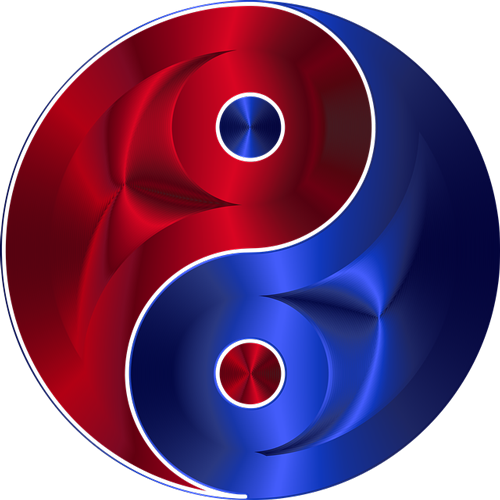
The placebo effect
By now, some of you might be starting to shake your heads at such nonsense. But remember, I’m known as a pragmatic, logical person. That part of me wouldn’t allow me to use these techniques if I didn’t witness real changes from them. Maybe it is a placebo effect. But I’m actually ok with that.
I maintain that the only thing that can create healing in your body is your body’s own innate healing mechanism. So every modality only heals by kick starting that mechanism. And I mean everything, from nutrition to natural medicine to allopathic medicine. A medical doctor, a herbalist, myself – none of us can cure anybody. They can only cure themselves, and the road to that healing is, by my definition anyway, always a placebo.
Ok, now we’ve got that out of the way, let’s continue.
What is muscle monitoring?
Muscle monitoring basically means getting your client to hold their arm (or leg, or whatever) while you press on it. An exercise kinesiologist or a doctor will use similar tests to look for injury or assess how strong the muscle is. But to an energy kinesiologist, if the muscle holds, it means that energy is flowing through the muscle. If it doesn’t, energy is blocked.
One way I use this is to identify which foods are causing problems. I usually have the person lying down so that their body is in a stable position. That makes the testing more accurate. Changes in the reaction of the muscle won’t be because of body position; they can only be due to the energetic effects of the food they’re holding.
Often I will test blind, so that their beliefs don’t affect the results. But even if a food “fails” due to their belief, that’s valid too. If they already believe a food to be bad for them, the effect it has is likely to be detrimental, even if just because of the belief.
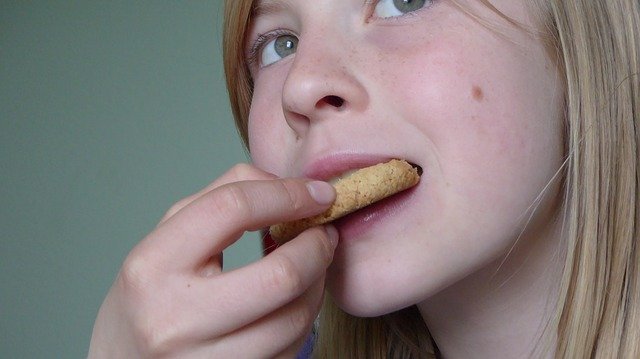
There is a lot more that I take into account, to get the testing as accurate as possible, but I won’t go into that for now, as this is just background for what I really want to tell you about.
Kinergetics
The six day training I just did was in a branch of kinesiology called Kinergetics. Its originator is an Australian kinesiologist called Philip Rafferty. Kinergetics is arguably the most “out-there” branch of kinesiology that I’ve studied. Despite a lot of training in it, as many of my clients are coming to me for practical help, I haven’t used it a lot clinically.
But this training has me enthused again.
Philip has always been very clear on the importance of hydration and mineral levels for health. Many of the basic balances we learn in the early levels of Kinergetics involve finding where these are not being properly utilised in the body and correcting those energy imbalances.
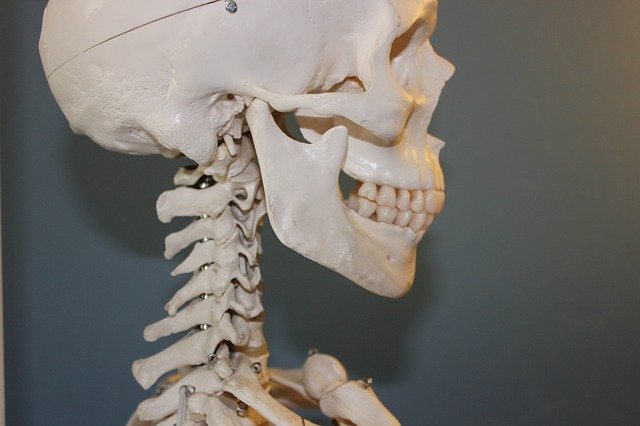
In the intermediate levels, one of the things he looks at is the functioning of the jaw, specifically the TMJ (temporomandibular joint). Again, he uses energy techniques to release tensions that stop the TMJ sitting in the right place. This does not involve any kind of manual correction of the position, we are only working with energy to help relax tensions. This allows the body to correct itself.
The six days we just finished are the advanced classes. Philip has found that, by releasing energy associated with trauma, hydration and minerals are able to get to parts of the body that previously had restricted flow. This can have enormous impact on chronic disease and pain. Philip has a theory that a lot of chronic pain is caused by calcium that gets locked into muscles, joints and fascia due to magnesium being either deficient, or unable to get to those areas.

Being an antagonist to calcium isn’t the only importance of magnesium. It’s needed for many of the biochemical processes in our bodies, including energy production, keeping blood glucose and blood pressure under control, keeping our muscles and nerves functioning. It helps us relax and helps us sleep.
Our training focussed on the protocols he has devised to access trauma, release the associated tensions, and enable water, magnesium and other minerals to get to those parts of the body. He has been using these protocols himself, for several months, with many people all around the world. He has been able to help many people with chronic fatigue, chronic pain and autoimmune illness.
Of course, clearing the tensions is only a starting point. His clients still need to make the necessary lifestyle modifications including changing their diet, drinking enough water, or supplementing with minerals.
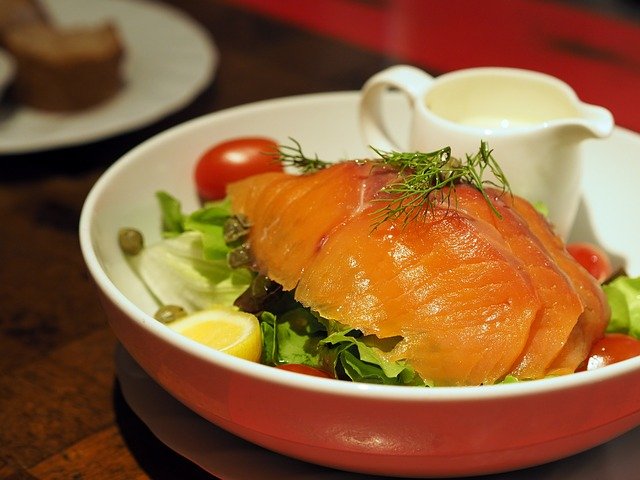
One of these protocols involves testing to see if a person is currently in “fight / flight” mode. When a person is in chronic fight / flight mode, (ie. permanently in a state where the sympathetic path of the autonomic nervous system is dominant) the systems run by the parasympathetic nervous system, such as digestion, just don’t work properly. Might this result in food allergies? I think so, don’t you?
After four days of our training, we had all cleared a lot of trauma. This trauma can be physical, emotional, or even causing dread or terror. A lot of situations can cause these feelings, even if the incident itself doesn’t seem that severe. We were also no longer in fight / flight mode and our TMJs were relaxed.
Until two minutes after midnight that night, when the world started shaking, with the New Zealand earthquake. When we resumed training on Monday afternoon, we were all retraumatised! But at least we had the tools to release those tensions again.
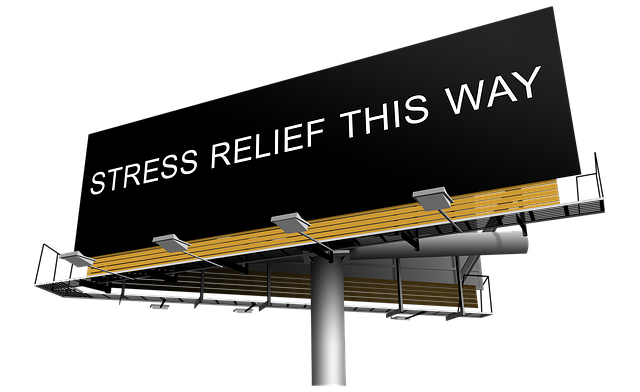
I’m looking forward to being able to help more clients with chronic illnesses, by having a wider range of therapies that can help them return to a relaxed state, where their own healing capabilities can be activated.
If you want to see some of Philip’s results, here is his Youtube playlist: https://www.youtube.com/user/Kinergetics/playlists
And here is the main Kinergetics website.
Thanks for reading
Follow me for more health, nutrition, food, lifestyle and recipe posts.

I am now on Peerhub offering one on one nutritional coaching and EFT (Emotional Freedom Technique) sessions by Skype.
Some of my previous posts:
HEALTH AND NUTRITION: The wide variety of healthy diets out and what they have in common ~ The travels of Weston A Price and his discoveries about healthy diets ~ Good fats vs bad fats ~ DNA testing for better Health & Fitness ~ DNA testing part 2: How Well Do I Digest Carbs? ~ DNA testing Part 3: I can’t eat Carbs & How to Manage that ~ About the Gut & Psychology syndrome (GAPS) diet Part 1 ~ GAPS diet Part 2: Foods we can’t have ~ GAPS diet Part 3: Foods we CAN have ~ GAPS diet Part 4: What if I can’t eat some animal foods ~ Salicylate intolerances ~ Thoughts about Breast Health ~ I’ve got a cold & how to handle it ~ Sleep like a kitten Part 1 – 3 tips ~ Sleep Well Part 2 – What’s your sleeping style? ~ Sleep Well Part 3 – Resetting your body clock
RECIPES AND KITCHEN TIPS: Choc Blackcurrant Smoothie ~ Paleo Cottage Pie ~ Feijoa Pear Smoothie ~ Grain free, dairy free Pumpkin & Cashew Bread ~ Tip for storing ginger & tumeric ~ Grain Free Banana Cashew muffins ~ Warming winter soup ~ Healthy Chocolate & Fudge ~ Jerky with vegetables ~ BREAKFAST ideas ~ Choco-mallow protein bars ~ Equipment for the real food kitchen ~ Carrot Almond bread ~ Grain free Fruit & Nut bar~ Finger food for a gathering ~ For MORE RECIPES and my 15 step Whole Food cooking course, see my recipe website.


